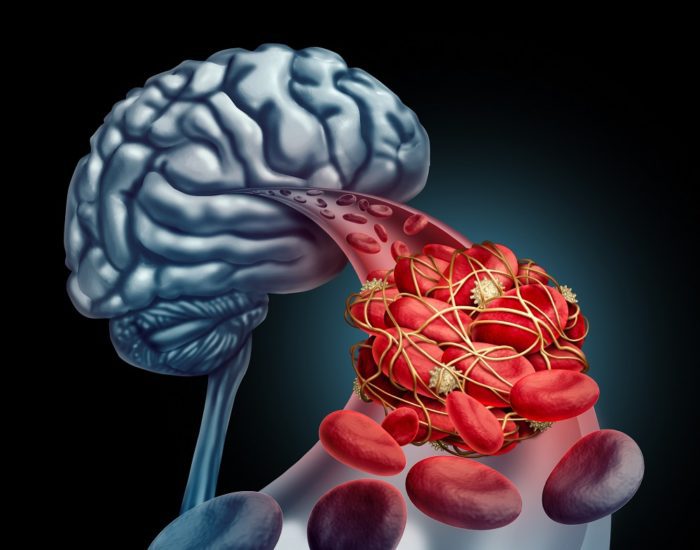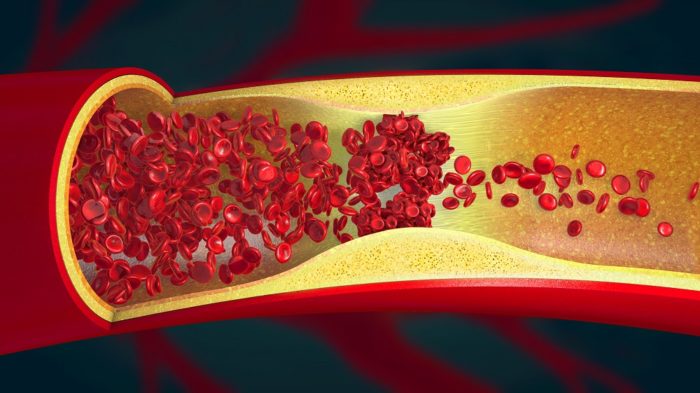Heart failure refers to a chronic medical condition in which the heart no longer functions properly. When your heart cannot pump effectively, blood cannot travel where it needs to in your body. This may lead to severe health risks that could prove life-threatening.
You can manage heart failure with help from your cardiovascular doctor. Prompt diagnosis and treatment can ensure you can have an improved quality of life with this condition. You can seek urgent care from your doctor when you know the signs that you may have congestive heart failure. Read on to learn about four common symptoms that may occur if you have heart failure.
Congestive Heart Failure Symptoms
Irregular Heart Rate
Your doctor will likely notice risk factors of heart failure, including family history or pre-existing medical condition, before they diagnose you with this cardiac issue. A doctor can also note dysfunction in the heart before it causes noticeable symptoms. However, you can take note of certain changes in your body and bring them up with your doctor to see if they point to heart failure.
One symptom of heart failure is an irregular heart rate, also known as arrhythmia. With this issue, the heart may beat too quickly, too slowly, or at an inconsistent pace.
If you feel your heart seems to race or pound too hard, as with palpitations, the heart might not be functioning properly and will require testing. An echocardiogram, for instance, will measure the efficiency of the heartbeat.
Respiratory Issues
Though heart failure implies symptoms noticeable in the circulatory system, this condition also manifests in symptoms that affect the lungs and respiratory system. If the heart is not sending enough blood to the lungs, you might have trouble catching your breath.
This may lead to shortness of breath or persistent coughing or wheezing. Consult your doctor if these issues become chronic, especially with seemingly no cause.
Fluid Retention
Patients with heart failure might notice swelling in their extremities, especially the feet, ankles, and hands. Doctors refer to this symptom as edema, which occurs when the blood vessels leak, building up fluid within the surrounding tissue. This creates a swollen or puffy appearance in these parts of the body.
Edema may also occur in the abdomen, which could coincide with a loss of appetite. Untreated edema may mean reduced blood circulation, which can impact your ability to move and lead to further discomforts and health risks.
Fatigue and Weakness
We can all have days when we feel tired if we do not get enough sleep or we overexert ourselves. But chronic fatigue can occur in patients with heart failure too. The heart beats over time to make up for the lack of blood flow throughout the body. This can make an individual feel worn out.
The patient may also feel weakness throughout their body, especially in the legs. These parts of the body might not receive enough blood, leading to a reduced ability to move or feel sensations. This issue can lead to further medical complications, so let your doctor know about your symptoms.



